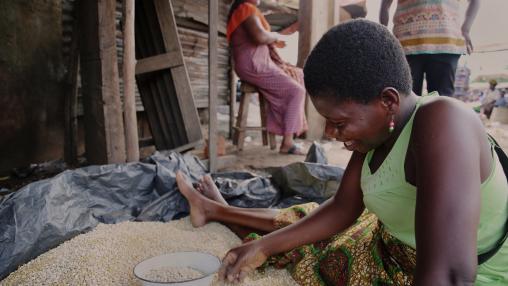
How COVID-19 may disrupt food supply chains in developing countries
This post originally appeared on IFPRI.org blog.
The organization of food supply chains (FSCs) is strongly affected by the level of economic development and factors such as urbanization and globalization. COVID-19 will thus have different impacts on FSCs in poor vs. in rich countries. Tom Reardon, Marc Bellemare and David Zilberman identify these structural differences and draw out the implications of widespread lockdowns and possible policy responses.—Johan Swinnen, series co-editor and IFPRI Director General.
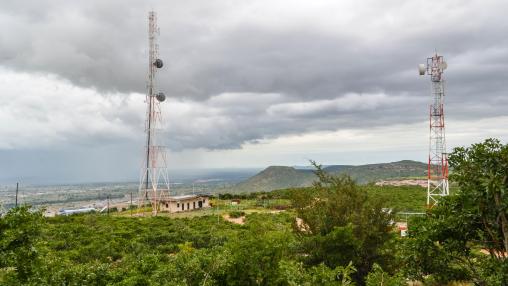
Telecommunications for rainfall monitoring
By Noam David, Oliver Gao, and Yanyan Liu
The lack of accurate rainfall measurements in developing countries poses problems in monitoring crop yields, which in turn can make it difficult for the providers of rainfall-based index insurance to gauge risks and set rates accurately.
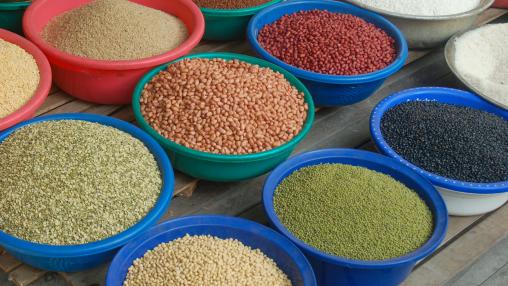
Using drones for data in Tanzania
This piece originally appeared on the WeRobotics blog .
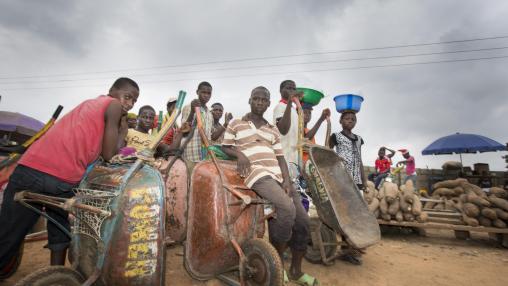
Measuring and Monitoring Intra-African Trade
This blog originally appeared on IFPRI.org .
Trade integration is a powerful tool for economic growth, development, and poverty alleviation. In the Malabo Declaration (PDF) of June 2014, African countries committed to tripling the level of intra-African agricultural trade and services by 2025, fast-tracking the establishment of a Continental Free Trade Area and adopting a continent-wide Common External Tariff scheme.
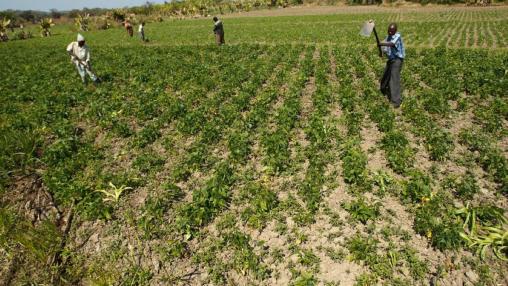
Summary of Virtual Dialogue: FSI for Food Access & Nutrition
Reliable, timely data is crucial to fight hunger and malnutrition and to drive overall development in Africa south of the Sahara; however, significant research and data gaps exist, in terms of both the availability of information and the effective, transparent use of that information by policymakers. (For further discussion of existing research gaps, read about our side event at the recent 2016 ReSAKSS Conference). Improving food security information (FSI) is therefore a development goal that goes hand-in-hand with eradicating hunger.
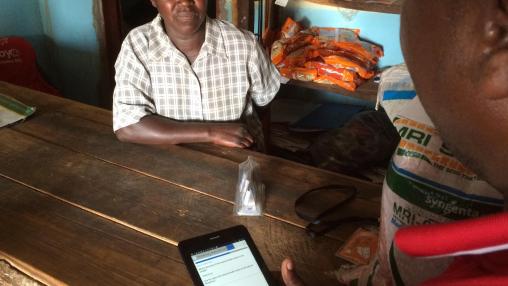
Virtual Dialogue: Food Security Information for Food Access & Nutrition
When it comes to policymaking, sound information is key. This is especially true for agriculture and food policies in Africa south of the Sahara, where hunger levels remain the highest in the world (2016 Global Hunger Index) and where agriculture accounts for a significant portion of GDP (17.1 percent in 2014; World Bank).
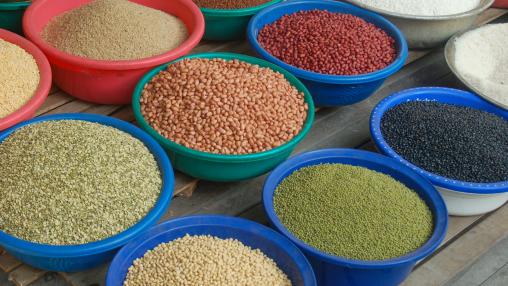
2016 ReSAKSS Conference Focuses on Nutrition
ReSAKSS: Achieving a Nutrition Revolution for Africa
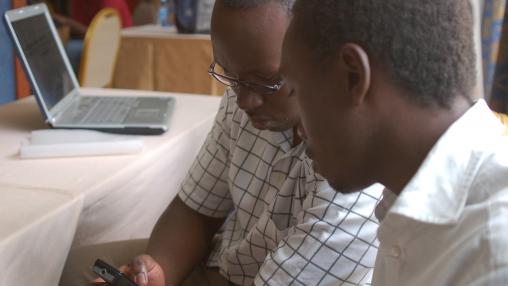
Data, Digital Technology: Driving Africa Forward
Digital technology took center stage at last week’s 2016 World Economic Forum on Africa , held in Kigali, Rwanda from May 13-15. The theme of the forum was “Connecting Africa’s Resources through Digital Transformation,” a topic that is becoming more and more important as Africa’s growing population continues to put pressure on the region’s agricultural sector, food supply, and natural resources.
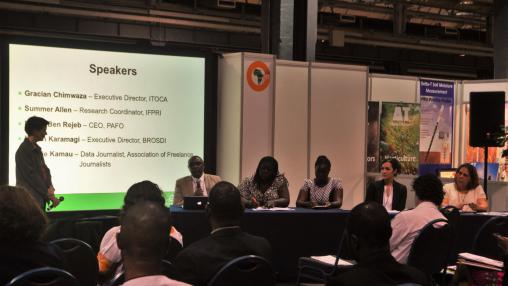
Open Data for Agriculture and Nutrition
This post contains excerpts from the Global Open Data for Agriculture and Nutrition (GODAN) blog .
The first Global Forum for Innovations in Agriculture (GFIA) , Africa Edition, was held on December 1-2 in Durban, South Africa. The meeting brought together policymakers, private sector actors, farmers’ organizations, and international organizations to discuss innovations, investments, and policies for advancing Africa’s development through improvements in data collection to provide relevant and timely information for agricultural producers.
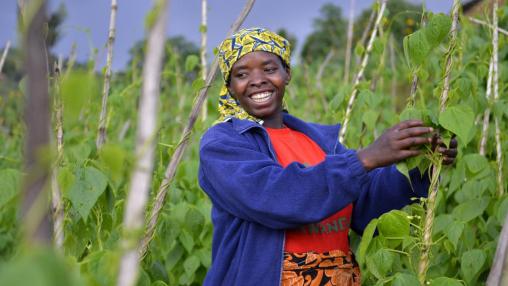
Increasing resilience requires an effective framework for measurement
In the face of price spikes, climate change, and other stressors from the national to the global scale, the promotion of resilience has gained traction in the development community as a means of insuring that populations vulnerable to food and nutrition insecurity are equipped with the tools to survive and even thrive in our unpredictable world.